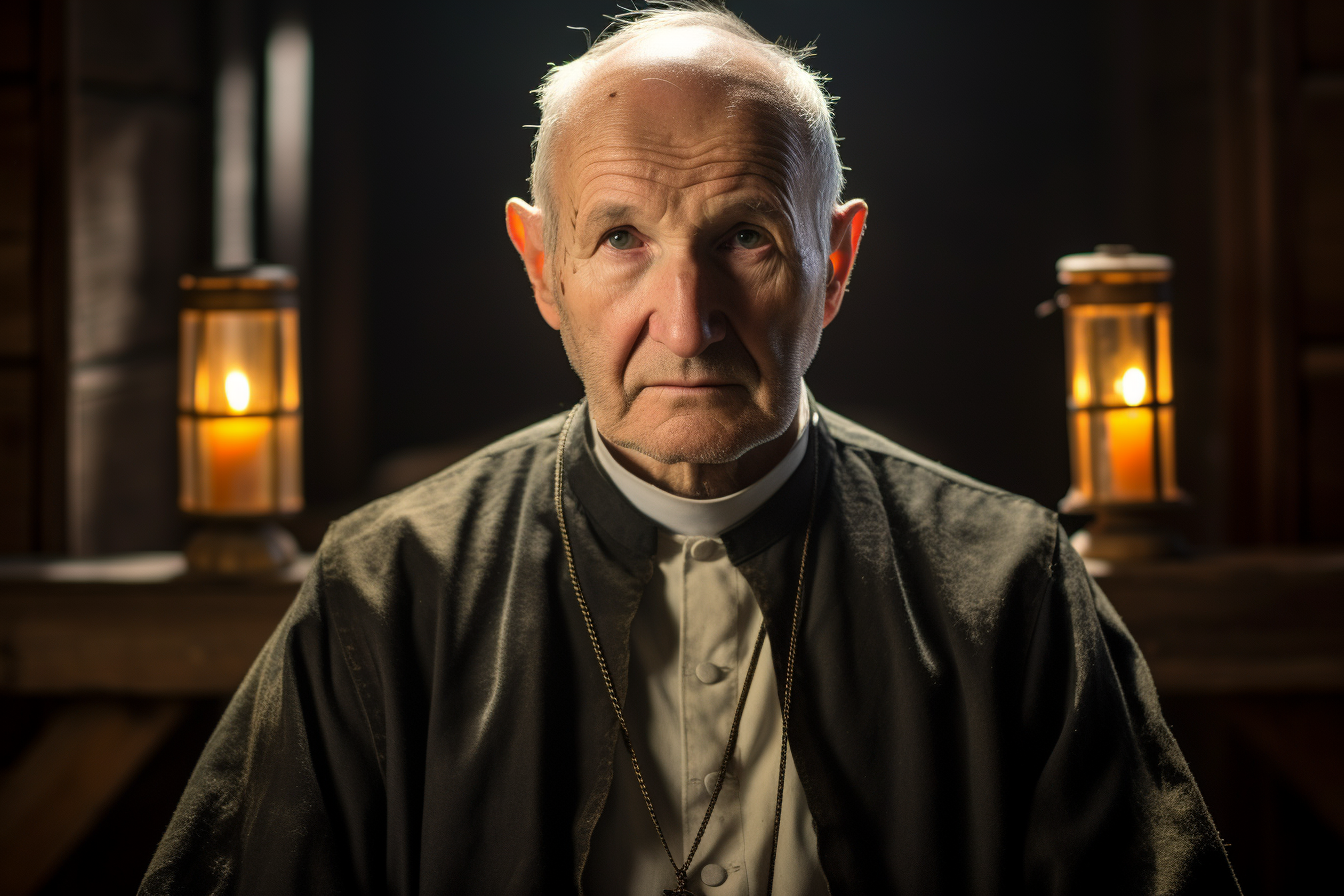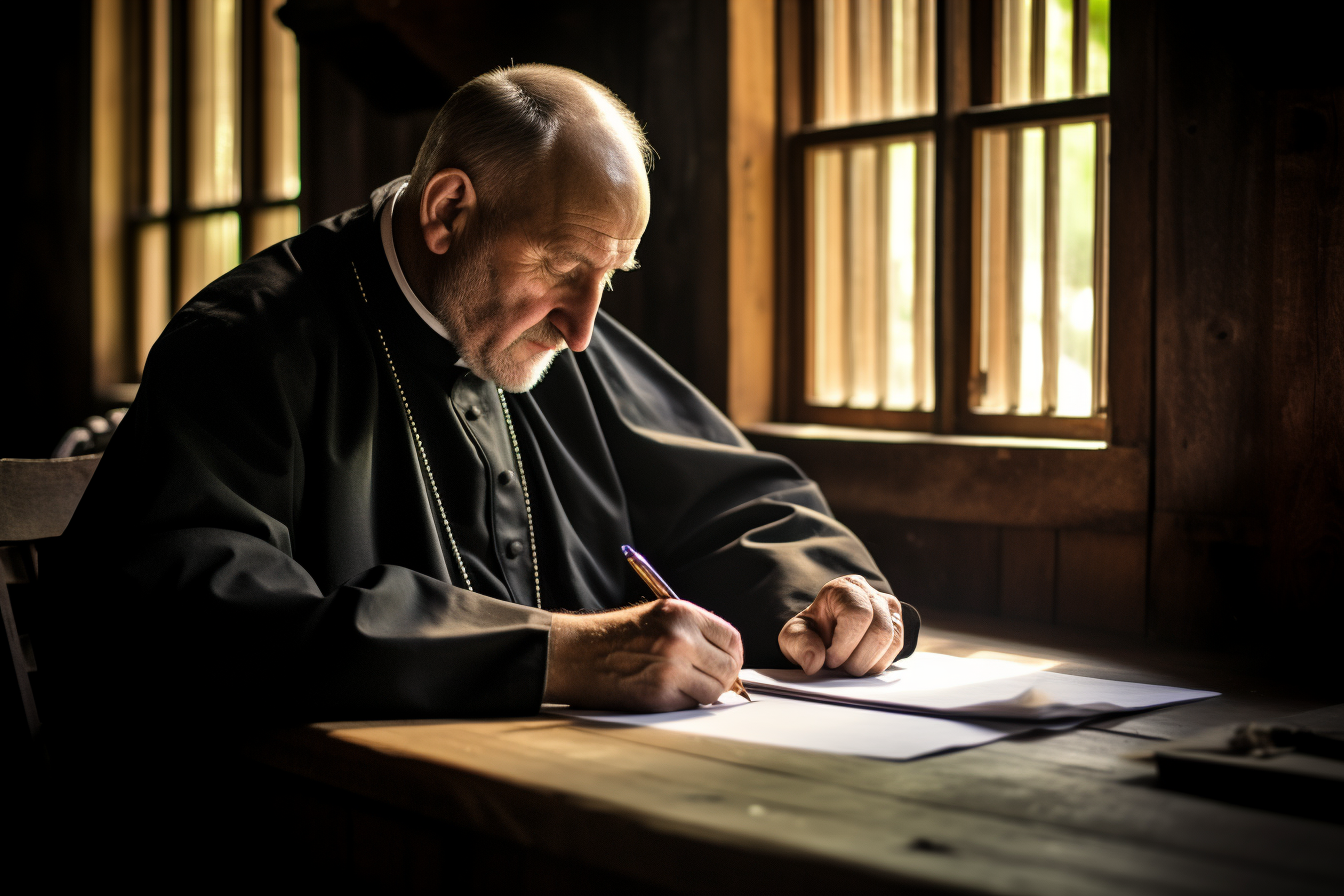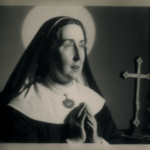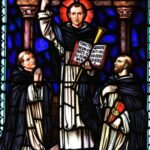
St. Alphonsus Marie Liguori
St. Alphonsus Marie Liguori
When They Lived
St. Alphonsus Marie Liguori was born on September 27, 1696, and he passed away on August 1, 1787.
Where They Lived
St. Alphonsus Marie Liguori was born in Marianella, near Naples, Italy. He spent much of his life in Naples and the surrounding areas.
Notable World Events During Their Time
- Enlightenment Period (17th-18th centuries): St. Alphonsus lived during the Enlightenment, a period marked by intellectual and cultural changes that emphasized reason, science, and individualism. This era had a profound impact on the way people thought about religion, philosophy, and society.
- Seven Years’ War (1756-1763): This global conflict involving many of the great powers of the time had significant political and economic ramifications. It reshaped territorial boundaries and colonial possessions, influencing the course of history for years to come.
- American Revolution (1775-1783): St. Alphonsus witnessed the American colonies’ fight for independence from British rule. The ideas of liberty, self-determination, and the rights of man that emerged during this time would echo throughout the world, inspiring other movements for change.
- Industrial Revolution (18th century): The Industrial Revolution brought about transformative technological advancements, shifting societies from agrarian-based economies to industrial and urbanized ones. This period saw the rise of factories, machinery, and significant social changes.
- The Enlightenment Thinkers (e.g., Voltaire, Rousseau, and Montesquieu): St. Alphonsus’s lifetime coincided with the influential ideas of Enlightenment thinkers. These philosophers challenged traditional institutions, paving the way for new political and social ideologies.
Patronage
St. Alphonsus Marie Liguori is the patron saint of various areas, including:
- Moral Theologians: St. Alphonsus’s extensive work in moral theology, including his writing on ethics and conscience, has earned him recognition as a patron for those who study and engage in this field.
- Confessors and Moralists: Due to his emphasis on the Sacrament of Confession and his dedication to guiding individuals in moral decision-making, he became a patron for confessors, moral theologians, and those who seek guidance in their spiritual lives.
- Arthritis Sufferers: St. Alphonsus is also considered a patron saint for those afflicted with arthritis and various bodily ailments. This designation stems from his own physical struggles during his life, as he dealt with health issues and physical pain.
- Writers and Preachers: His prolific writings, including spiritual and devotional works, make him a patron for writers and preachers who strive to communicate religious and moral truths effectively.
St. Alphonsus Marie Liguori’s life intersected with a dynamic period of history, marked by intellectual upheaval and global change. His legacy continues to influence moral thought and theological study, making him a figure of great significance both within and beyond the realm of Catholicism.
A Thirsting Soul
Alfonso Maria de’ Liguori, or Alphonsus Liguori in English, was born in 1696 in Naples, Italy. He belonged to a wealthy noble family. His father was a captain in the Royal Navy, while his mother was a very devout woman. His parents provided him with an exceptional education. He studied literature, philosophy, and the arts.
Years later, Alphonsus became the most brilliant lawyer in the court of Naples. For eight years, he won all the cases he defended. However, despite the fame and recognition he enjoyed, in his soul was a thirst for God and the desire for perfection. Alphonsus was led by the Lord to understand that He was calling him to a different vocation. In 1723, he grew indignant at the blatant corruption and injustice ruining the reputation of the legal profession.
With this in the background, Alphonsus abandoned his profession, with all the riches and success it entailed, and decided to become a priest despite his father’s opposition. He was taught by excellent teachers who introduced him to the study of the Sacred Scriptures, Church history, and mysticism. He formed in himself a vast theological culture, which later on was put to good use in his work as a writer.

A Pastor for the Marginalized
In 1726, Alphonsus was ordained to the priesthood. He entered the diocesan Congregation of Apostolic Missions for the exercise of his ministry. Alphonsus started his mission of evangelization and catechesis among the humblest and poorest in Neapolitan society. He preached to them and instructed them about the basic teachings and truths of the faith. Many of these people were very often prone to vice and, worse, were involved in crimes. With much patience, he taught them to pray and encouraged them to improve their way of life.
Alphonsus’ efforts reaped very good results. In the most wretched districts of the city, groups of people increased in number, meeting in the evenings in private houses to pray and meditate on the Word of God. These groups were guided by several catechists trained by Alphonsus himself and other priests. At the desire of the Archbishop of Naples, these meetings were held in the chapels and came to be known as “evening chapels”. These became true and proper sources of moral education, social improvement, and reciprocal help among the poor.
Going into the Deep
When he was 35 years old, after considering leaving and evangelizing the pagan peoples, Alphonsus came into contact with the peasants and shepherds of the hinterland of the Kingdom of Naples. He was struck by their ignorance of religion and their poor state. Alphonsus decided to leave the capital and dedicated himself to these people, who were poor both materially and spiritually. In 1732, he founded the Congregation of the Most Holy Redeemer, now known as the Redemptionists.
He put the congregation under the protection of Bishop Tommaso Falcoia, of whom he subsequently became the superior. The members of the congregation were authentic itinerant missionaries. They reached the most remote of villages and exhorted people to convert and persevere in the Christian life, especially through prayer.
Alphonsus’ reputation, goodness, and pastoral zeal led him to be appointed Bishop of Sant’Agata dei Goti in 1762. He continued his work there until he eventually fell ill, which gravely weakened him and made him leave his office in 1787 through the concession of Pope Pius VI. In 1787, Alphonsus breathed his last after great suffering. He was canonized in 1839. His feast day is August 1.
Five Interesting Facts About St. Alphonsus Liguori
- St. Alphonsus Liguori is the patron saint of moral theologians and confessors.
- St. Alphonsus Liguori is also the patron saint of those suffering from arthritis. St. Alphonsus experienced really painful arthritis all his life. This is why he is often portrayed with his chin touching his neck.
- When he was only 16 years old, St. Alphonsus Liguori obtained a degree in civil and canon law.
- St. Alphonsus Liguori was declared Doctor of the Church in 1871 by Pope Pius IX.
- St. Alphonsus Liguori was known to have a deep love and devotion to the Blessed Virgin. One of his works was The Glories of Mary, one of the most profound works of Marian literature ever written.
Prayer to St. Alphonsus Marie Liguori
O God, who constantly raises up in your Church new examples of virtue, grant that we may follow so closely in the footsteps of the Bishop Saint Alphonsus in his zeal for souls as to attain the same rewards that are his in heaven. Through our Lord Jesus Christ, your Son, who lives and reigns with you in the unity of the Holy Spirit,God, for ever and ever Amen.



